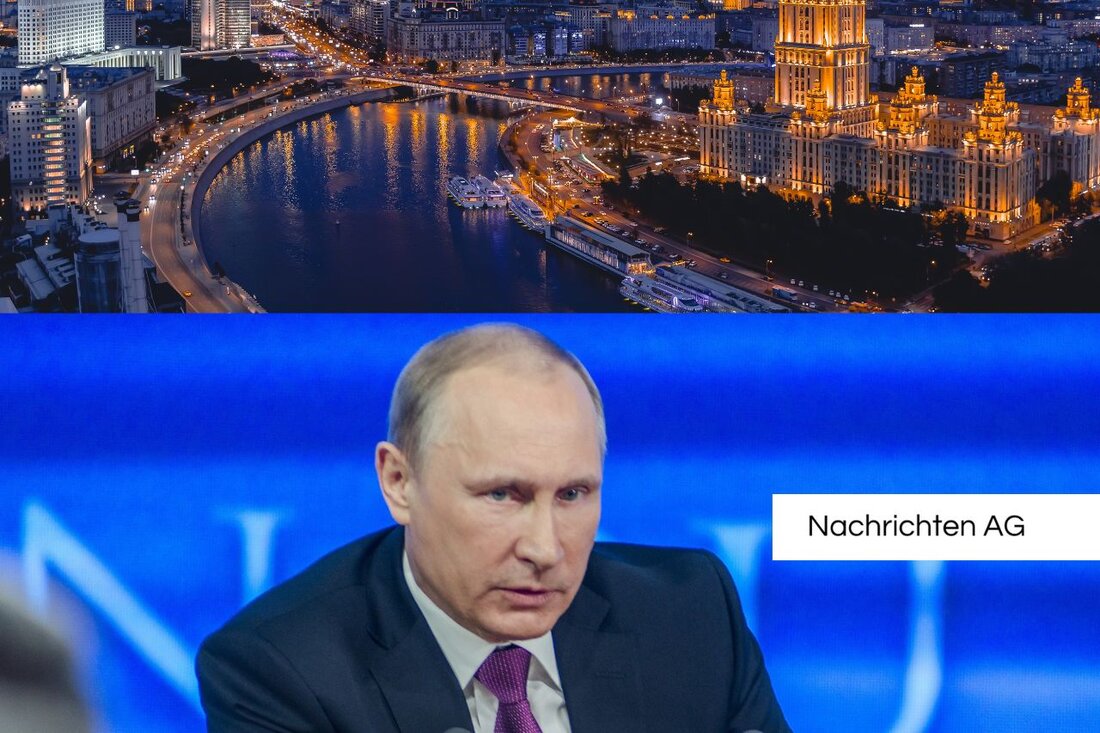Eppelmann's impressive lecture: From dictatorship to democracy!
On October 13, 2025, Rainer Eppelmann will speak at the University of Erfurt about Germany's path to democracy and the lessons from the GDR.

Eppelmann's impressive lecture: From dictatorship to democracy!
On October 13, 2025, the University of Erfurt started its lecture series with an impressive lecture by the former GDR civil rights activist and politician Rainer Eppelmann. As a Protestant pastor and well-known opposition figure during the GDR era, Eppelmann has an eventful history. He was the Minister for Disarmament and Defense in the last GDR government in 1990 and sat in the German Bundestag from 1990 to 2005. Since 1998 he has headed the Federal Foundation for Coming to terms with the SED Dictatorship.
In his lecture entitled “From Dictatorship to Democracy,” Eppelmann discussed Germany’s path after the end of the Cold War. He highlighted the overcoming of division and the process of internal unity. The civil rights activist also spoke about the current challenges and the change in the political, economic and social self-image of the Federal Republic of Germany since 1990. His analysis also addresses the effects of these experiences on the European structure. Admission to this important event was free, but registration was required at www.thueringer- Allgemeine.de/ringvorlesung.
Insights into the history of the GDR
Eppelmann is not only a historian of political changes, but also a contemporary witness. In a separate lecture on August 18, 2025 in Meppen, he addressed the topic: “When fear changed sides – fear or responsibility, what do you want?” His personal involvement in the GDR opposition not only led to his imprisonment, but also to a deep awareness of the need for courage and responsibility. He recalled that during the transition period he was less afraid of personal disadvantages than of nuclear armament.
The protests against the stationing of Pershing II missiles in West Germany motivated him to actively protest against the SS20 missiles in the GDR. The Berlin appeal “Creating peace without weapons,” which he wrote together with Robert Havemann in 1982, played an important role. He was convinced that his fame would protect him from repression, but this turned out to be a false assumption.
Current challenges and understanding of democracy
In his lectures, Eppelmann criticized the current perception of freedom of expression in Germany and drew comparisons to the SED dictatorship. He explained that expressions of opinion are permitted in the Federal Republic as long as they do not endanger democracy. He also expressed understanding for the critical view of the AfD, but warned not to forget the experiences from the GDR.
In his remarks, Eppelmann addressed both seniors and students in order to clearly illustrate the fundamental difference between dictatorship and democracy. Despite the challenges facing democracy around the world, he believes it is the best system. He also spoke with concern about rising defense spending and geopolitical tensions, particularly regarding Russia. Eppelmann's commitment to addressing the injustices of the GDR remains unbroken and is motivated by his faith and his family.
The next lecture series will take place on December 10, 2025, 6:15 p.m., featuring Matthias Gehler, the last government spokesman of the GDR, at the University of Erfurt. The influence and stories of people like Eppelmann are crucial when dealing with German history and the current social situation.

 Suche
Suche
 Mein Konto
Mein Konto